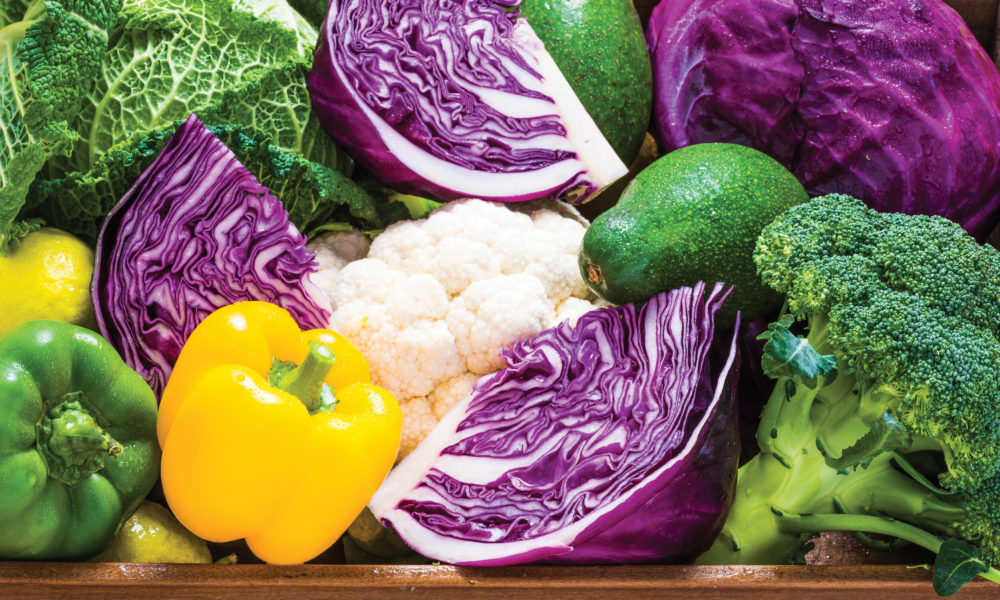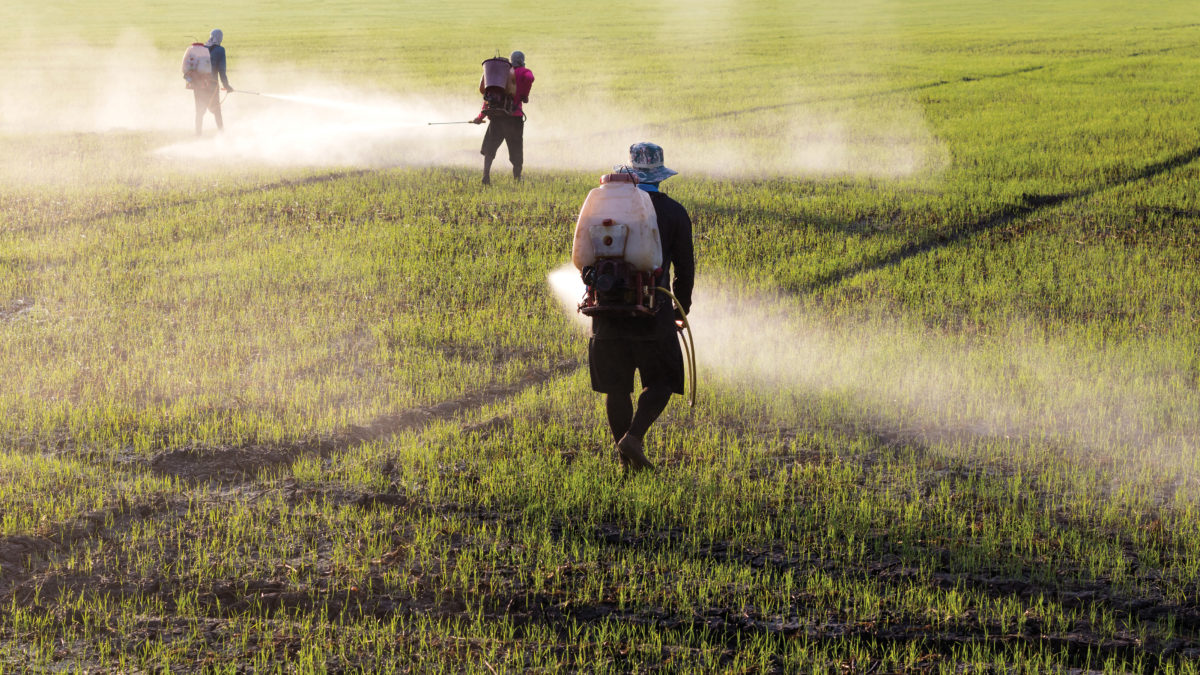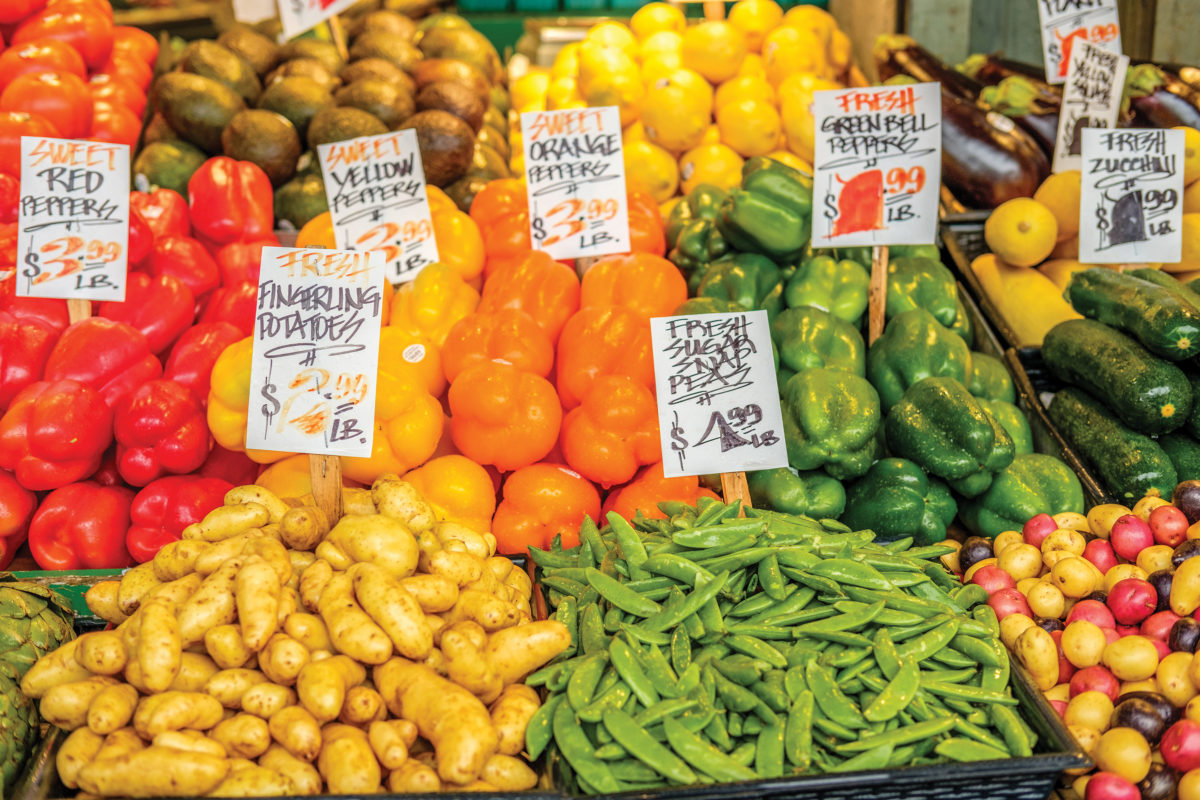01dragonslayer
Registered
- Joined
- Jun 18, 2022
- Messages
- 5,898
- Reaction score
- 3
- Points
- 38

The three major reasons to only eat organic food.
By Kris Gethin
For many years I’ve pursued physical perfection through nutrition, training, and supplementation. Aesthetics alone are a limited endeavor, though. Internal health is real wealth. In recent years I’ve made a conscious effort to only eat organic food whenever possible. I’m so passionate about this, even my Kaged Muscle supplement brand only uses natural processing methods, coloring, and flavoring that are then third-party batch-tested to give consumers peace of mind. This article is going to explain my motives for making this commitment.
Defining Organic Food
“Organic food” can mean different things, so for the purpose of this exercise I’m going to give my personal definition. Organic food to me is free of:
- Pesticides
- Unnatural fertilizers
- GMO processing
Anything that interferes with the natural production of food to me voids its status as “organic.”

Toxins
Pesticides have been used for years to kill living organisms and insects that pose a threat to crops and natural food production. The use of these chemicals in 2014 was judged to be close to 75 percent across over 6,000 samples taken (in the USA). Statistics like this are very alarming because it shows that the commercial influence in the food sector is causing companies to defect the food on the shelves.
Many pesticides have been linked to certain forms of cancer and other illnesses, which is why I’m prepared to take extreme steps to avoid them.
Synthetic fertilizers are also very widely used to speed up the production cycle, which again carries similar risk hazards to the human body. Avoiding ingredients that promote toxicity within my body is of real importance to me.
Nutrient Density
Being brought up on a farm in rural Wales exposed me to natural food processing. We ate straight from the land, and you could tell the difference. With the commercial farming industry focusing on volume and timescales, the nutrient density of the food is compromised. This is partially because of the unnatural speed of growth stimulated by GMO processes. (When food grows faster, manufacturers can get it to market sooner.) Opting for organic alternatives promises that the food has been allowed to grow as nature intended.
Every meal I eat is there to serve my body. Every calorie counts. Therefore I need to ensure I’m investing in the very best ingredients.
Gut Integrity
Foods that have been infested with pesticides and unnatural fertilizers will often affect gut integrity. It’s common to feel gastric discomfort after eating carrots or potatoes with the skin left on, because these chemicals upset healthy gut flora. As somebody who is totally committed to building muscle and sustaining good health, I cannot afford to allow these substances to cause havoc within my gut.
Practical Advice
Buying organic can be expensive, and if this is a limiting factor, then I recommend avoiding the worst offenders based on recent research. Potatoes, strawberries, bell peppers, and kale are all very highly affected examples. More generally speaking, it’s vegetables and fruits that should be your organic priority. Opt for organic variants every time. It’s worth it! For anybody who tells me it’s expensive, my response is always the same: Without health, we have nothing. IM

Manic About Organic
Every year, the Environmental Working Group, a leading environmental health research and advocacy organization, creates a list call the Dirty Dozen. It’s made up of the most the fruits and vegetables that are the most tainted with pesticides and contaminants. Even if you can’t afford to eat organic all the time, this list help you get the biggest bang for your buck and the cleanest food for your funds. Conversely, the Clean 15 contain the lowest levels of contaminants, meaning that conventionally farmed version are most likely safe to eat. Here is the most up-to-date version of the list.
The Dirty Dozen (buy organic)
- Strawberries
- Apples
- Nectarines
- Peaches
- Celery
- Grapes
- Cherries
- Spinach
- Tomatoes
- Sweet bell peppers
- Cherry tomatoes
- Cucumbers
The Clean 15 (buy organic or conventional)
- Avocado
- Sweet corn
- Pineapple
- Cabbage
- Frozen sweet peas
- Onion
- Asparagus
- Mango
- Papaya
- Kiwi
- Eggplant
- Honeydew
- Grapefruit
- Cantaloupe
- Cauliflower
